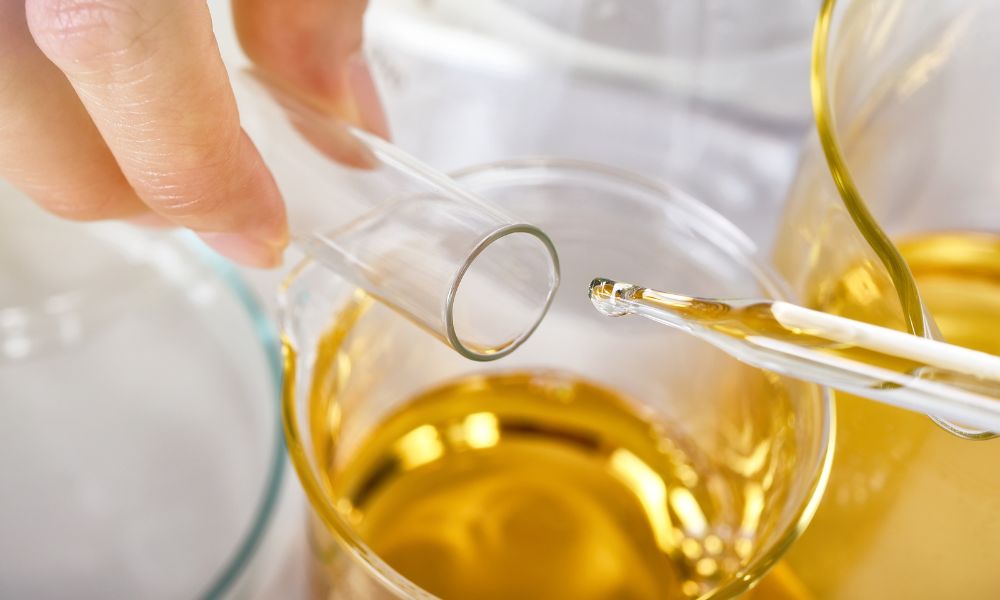Many people training in the laboratory industry can accidentally use the terms reactant and reagent interchangeably. This is because they are both involved in the chemical reaction process. However, some key differences exist between these terms that you should know. Keep reading to learn the difference between reactants and reagents in the laboratory space.
What Are Reactants?
In chemical experiments, reactants are the materials you start with that undergo change during a chemical reaction. A key point to remember is that the chemical reaction consumes the reactants. Reactants can have a solid, liquid, or gaseous phase and may change during the reaction. When drawing a chemical equation, reactants are the substances or materials to the left of the arrow. Reactants lead to the chemical reaction that results in chemical products. Two common reactants in a chemical equation we all know are hydrogen gas and oxygen gas, which form liquid water.
What Are Reagents?
Reagents are also part of chemical reactions. Reagents are the substances or compounds that scientists use to facilitate a reaction. Scientists may also use reagents to test whether a chemical reaction occurs at all. They also use reagents to test the presence or absence of chemicals in substances or mixtures based on the chemical reaction that does or doesn’t take place. The reagent binds to the present substance and forms a reaction. Reagents may or may not be consumed during this process. Like reactants, reagents can take solid, liquid, or gaseous phases before a reaction.
The Differences Between Reactants and Reagents
The main difference between reactants and reagents is their roles in a chemical reaction. Unlike reactants, which are your starting materials in a chemical equation, reagents are the substances you add to those starting materials. Also, chemical reactions may not always consume reagents; they will, however, consume reactants.
Ultimately, both reactants and reagents are crucial in a chemistry laboratory for many experiments, tests, and other applications. Now that you know the main difference between reactants and reagents, you can better understand your laboratory materials. This is an important distinction to teach students in your laboratory and any lab technicians training in chemical reactions. And if you’re looking for common chemical reactants for your laboratory, you can buy pyridine and other reaction solvents at Post Apple Scientific.

